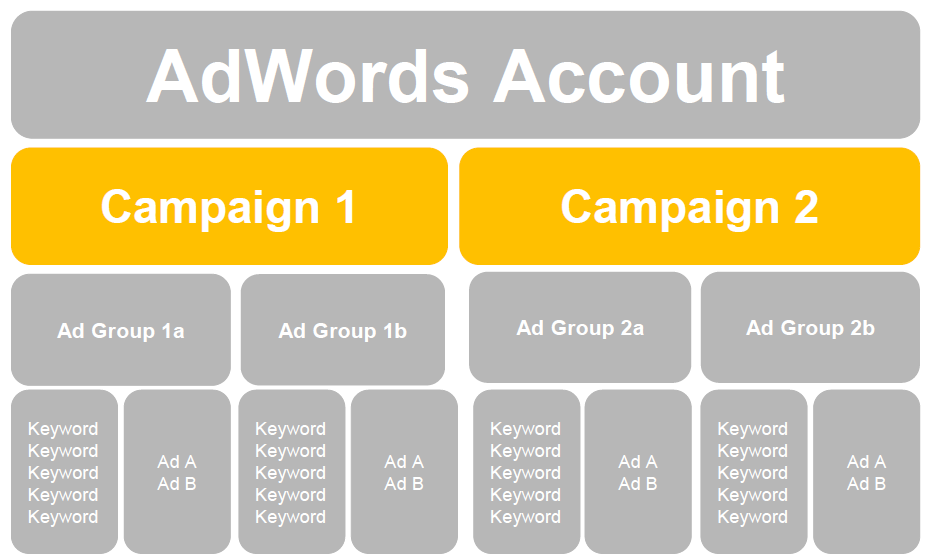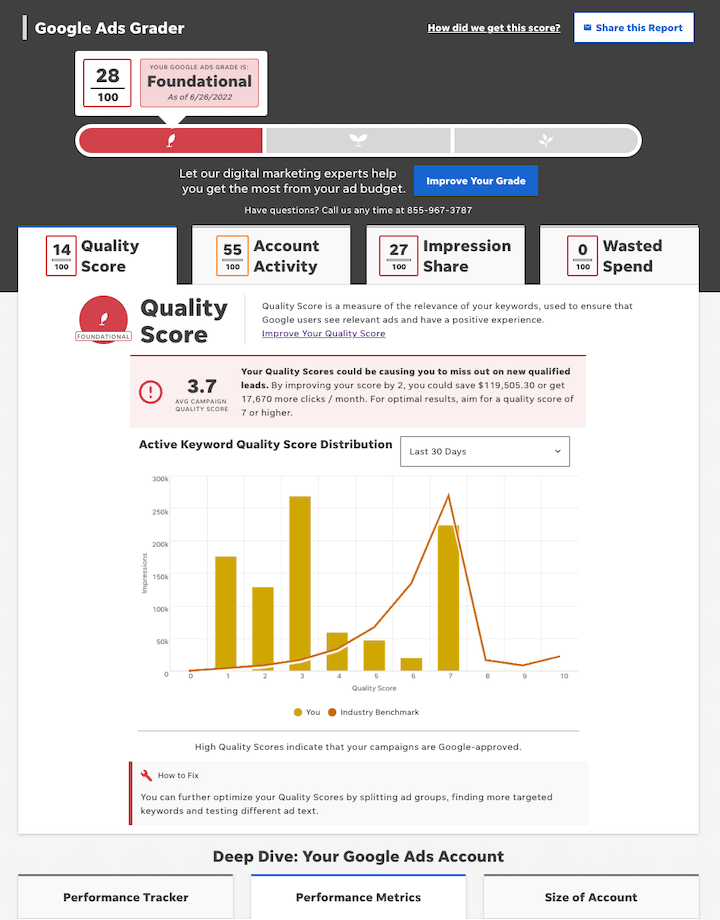
AdWords Campaign Management Made Easy
AdWords campaign management can be incredibly time-consuming. When you’ve got other things on your mind and on your to-do list, it can be hard to find the time to even log in to AdWords, much less spend time optimizing your campaigns. It’s no wonder so many small business owners and marketers only make changes to their AdWords accounts once per month!
PPC should be a continuous, iterative process. It takes ongoing effort to structure your AdWords campaigns, manage and expand that keyword list, create optimized AdWords ads, improve your Quality Scores, set negative keywords, build conversion-friendly landing pages … the list goes on.
The good news is, AdWords management doesn’t have to be a full-time job! With the right processes in place, and smart search engine marketing tools on your side, AdWords campaign management can be much easier; it can even be kind of fun. Let’s have a look at how WordStream can help you manage your AdWords accounts and campaigns more efficiently and effectively.
The Basics of AdWords Campaign Management
Google AdWords isn’t something you can learn in a day. It’s a complicated system, and it’s always changing.
That said, AdWords management can be broken down into a few key steps:
AdWords Campaign Structure
First, you need to lay a solid foundation for the rest of your account. Start by choosing your AdWords campaign type. What is your advertising goal? The right campaign type for your business depends on your answer.
Most businesses will want to start with a search campaign, but if you’re primarily looking to generate calls (if, say, you’re an emergency plumber), a call-only campaign is the right choice. If you’re trying to generate awareness for a completely new brand/product, display campaigns are a great option. You can also create multiple campaign types in your account to satisfy multiple goals.
⛳️ Get the guide!
Free download >> How to Build the Perfect Google Ads Account Structure
AdWords Campaign Budgeting
You also need to establish how Google will spend your money. Your monthly budget is your daily budget x 30.4. So, start with a monthly budget and work backwards (divide by 30.4). Consider: Based on your estimated CPC (cost per click), how many clicks per day can your budget support?
For more detailed help with managing your AdWords budget, check out these resources:
- The Complete, Digestible Guide to AdWords Budgets
- How to Calculate Your Marketing Budget
- How Much Does AdWords Cost?
AdWords Keyword Research
Although Google is releasing new targeting features all the time, such as life events targeting, it’s still true that the majority of your AdWords advertising will revolve around keywords. Keywords form your ad groups, which form your campaigns.
Whether you’re building brand-new campaigns or looking to expand your existing ones, you’ll need keyword tools to help you find new keywords (and the right keywords) to bid on. Learn more about keyword research for AdWords in this guide.
AdWords Campaign Optimization
To ensure that your campaigns are getting you the results you want while keeping your return on investment high, it’s important to monitor your campaign performance and make regular improvements, including:
- Adding new negative keywords to reduce your wasted spend
- Creating new AdWords ads to expand your account
- Testing and editing ad text to improve CTR, Quality Score, and conversion rate
- Building and testing new landing pages
- Optimizing your budget to reduce your CPA
Unfortunately, most of these tasks need to be revisited at least weekly if you want to make the most of your AdWords budget.
How WordStream Helps with AdWords Campaign Management
If all of this sounds like a bit much and you’re looking for a little help, try out our Free Google Ads Grader. In less than a minute, this free tool will audit your Google Ads with regard to:
- Quality Score
- Impression share
- Wasted Spend
- Account Activity
- Best and worst text ads
- Click-through rate
- More

